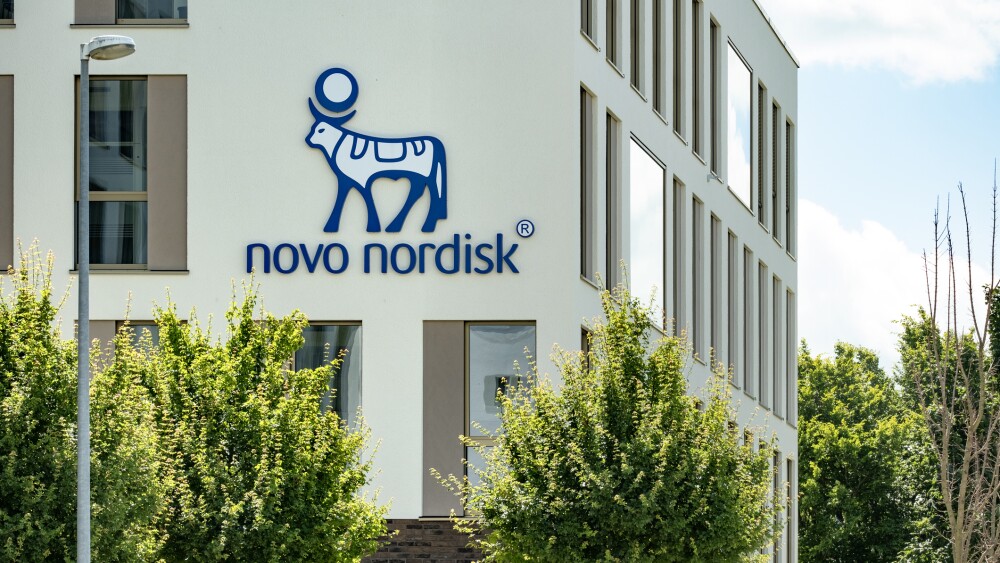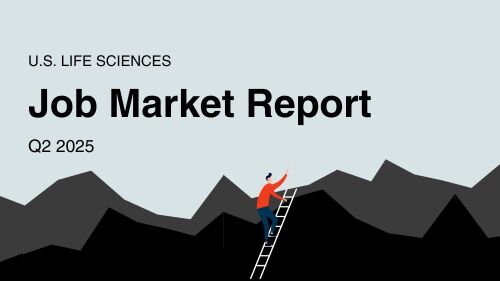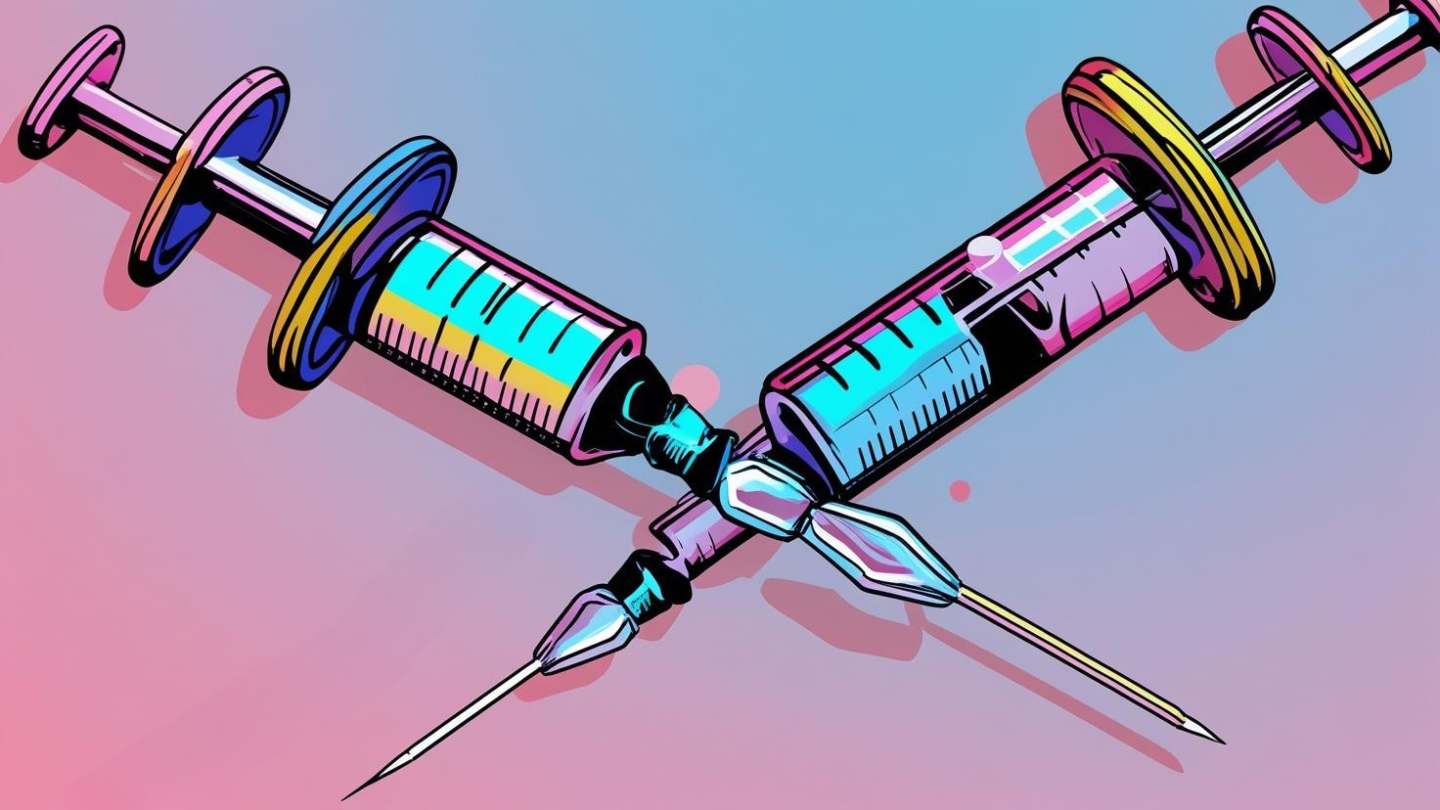News
The label expansion could help Novo Nordisk “help shift the momentum” for Wegovy, after a difficult start to 2025, according to analysts at BMO Capital Markets.
FEATURED STORIES
R&D spending across the global pharmaceutical sector climbed 1.5% in 2024, according to unreleased data from Evaluate Pharma.
Vocal skeptics of COVID-19 vaccinations gave mRNA a bad name and government funding for mRNA research is now being cut. On the flip side, at least one CEO said the pandemic also provided “elevated acceleration” for the field, which also holds promise in therapeutics for cancer and rare diseases.
As the World Health Organization initiates a new agreement for coordinating global responses to future pandemics, the future of vaccine development in the U.S. faces growing challenges, including waning funding and regulatory changes, that threaten next-gen COVID-19 vaccine candidates and pandemic preparedness more broadly.
Job Trends
Pfizer Inc. announced that its board of directors declared a $0.42 second-quarter 2024 dividend on the company’s common stock, payable June 14, 2024, to holders of the Common Stock of record at the close of business on May 10, 2024.
FROM OUR EDITORS
Read our takes on the biggest stories happening in the industry.
After Emma Walmsley steps down as GSK CEO in January, Vertex Pharma’s Reshma Kewalramani will be the sole female CEO at a top-20 pharma company. Still, there are many prominent women in pharma that could someday break through again.
THE LATEST
Otsuka and Lundbeck’s data are insufficient to establish significant efficacy of Rexulti plus sertraline in PTSD, according to the FDA’s outside experts.
In light of recent patient deaths, the FDA has also revoked its platform designation for Sarepta’s AAVrh74 technology. The designation, granted last month, was the first of its kind to be announced publicly.
Roche and Genentech were unable to sufficiently demonstrate the benefit of using Columvi in an earlier treatment setting for DLBCL in a U.S. population, according to the FDA.
Amid a season of regulatory and scientific advances, experts reveal a culture of data hoarding among cell and gene therapy developers that is reinforcing fragmentation, stalling innovation and delaying access to treatments.
Earlier this summer the FDA asked Moderna for more efficacy data on its flu vaccine before it could review an mRNA-based combination shot that targets both influenza and COVID-19. Now, the entire vaccine sector is sizing up a new regulatory world, companies’ next steps uncertain.
The rollercoaster week for Sarepta Therapeutics continued, with shares of the embattled gene therapy-turned-siRNA biotech down 37% Friday afternoon as media outlets reported FDA plans to request a stop to all shipments of the Duchenne muscular dystrophy therapy Elevidys following a third patient death linked to the underlying platform.
Despite the failure, BMS remains “encouraged” by Reblozyl’s clinical activity in myelofibrosis-associated anemia and will approach regulators to discuss potential submissions for this indication, for which few treatment options exist.
The panelists flagged safety concerns with Blenrep and GSK’s failure to optimize its dosing regimen for the antibody-drug conjugate in multiple myeloma.
The patient, who was being treated with an investigational gene therapy for limb-girdle muscular dystrophy, died of acute liver failure, the same complication responsible for the deaths of two boys taking Sarepta’s Duchenne muscular dystrophy treatment Elevidys.
In advance of CMS’ negotiated price for the blood thinner taking effect next year, partners Bristol Myers Squibb and Pfizer pitched the direct-to-consumer program as a way to allow uninsured, underinsured and self-pay patients to pay less out of pocket.

















